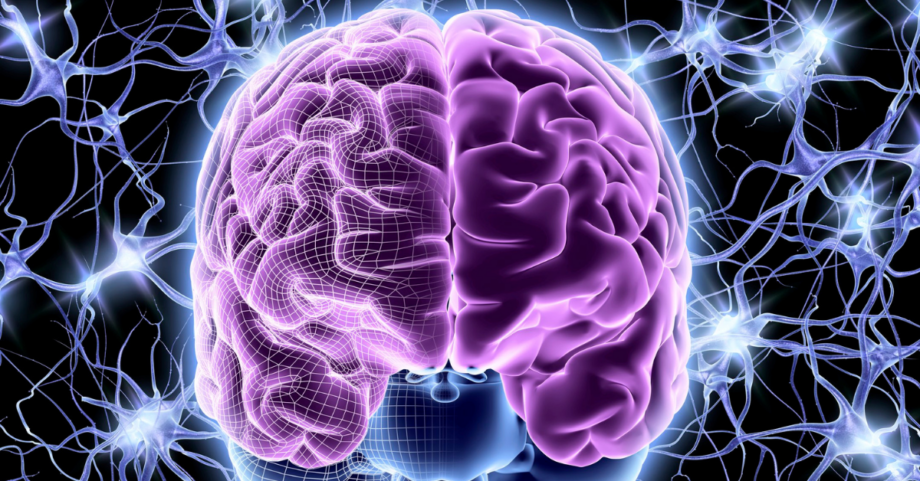Scientists have found deeper evidence that sex and gender are associated with specific and distinct neural networks in our noggins. In other words, our brains really do see gender and sex as two separate things, which means "biological sex" is not the same thing as gender. These new findings might indeed lead to a deeper understanding of sex and gender as separate entities, which could lead to a better approach to equal, optimum medical treatments for transgender people.
And maybe, even some changes to the political landscape?
What the research says
This new study isn't the first to confirm that the brain perceives sex and gender separately. A US-based report from Adolescent Brain Cognitive Development (ABCD) study, researching brain imaging data of nearly 5000 children for over a decade, specifically revealed that children’s brains take sex and gender and “map” them “onto largely distinct parts of the brain.” If the separation then occurs so early in life, this means that we're biologically wired to understand the difference between sex and gender from childhood. Our developing brains lead us to a conclusion that's proving indisputable.
The National Institutes of Health has studied and reported on sex and gender for quite some time. The specific differences between the male and the female brain, the impact of social factors vs biological factors on human behavior, and more are consistently under consideration from a research perspective. Engendering a wide range of dug-in political views, big feelings from religious extremists, and a fair number of controversies, questions of identity and the individual’s right to regard themselves as they wish are a hot button issue. And it takes a whole lot more than language to truly decipher these complexities.
How this research could change the world
Looking at sex and gender separately as these modern studies do, opens the door to a more respectful outlook where all people can be free to be who they are.
According to a Trevor Project survey trans and nonbinary youth experience higher rates of mental health difficulties when their identities are not respected… not that this should be a surprise to anybody. Surely, a more reasoned approach, lifting confusions and explorations from pejorative terms like “disorders,” opens a wider possibility for all people to enjoy life to the fullest.
The above findings could very well bolster the argument for gender-affirming care. And seeing that, as it stands presently, a good many states restrict this kind of care, if findings could be proved by the scientific method (though it seems that method is never enough for those digging in over what they feel gender has to be) we could get closer to freedoms and good health for all.
From the smallest scientific studies, big changes could come.




